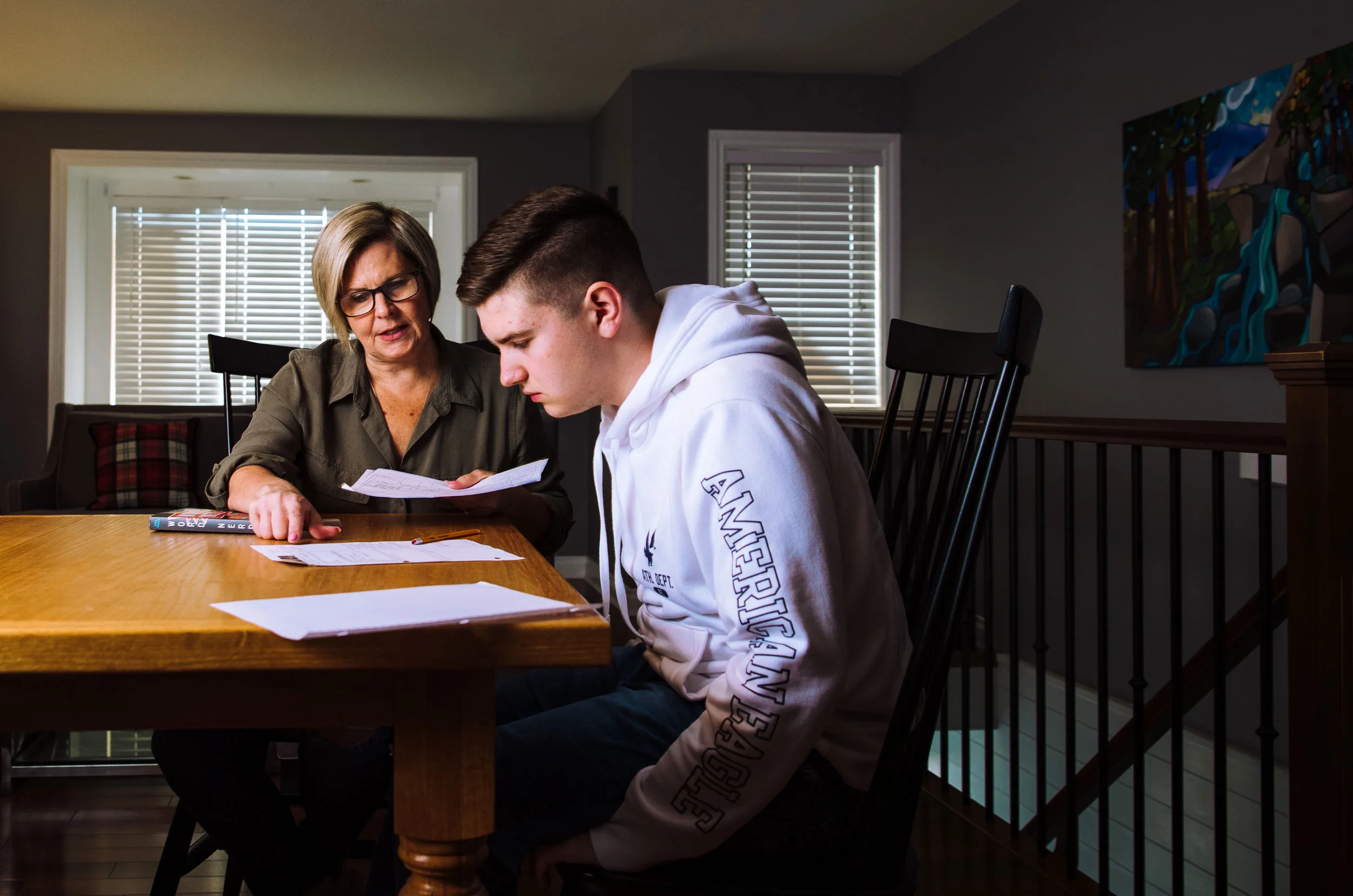Inclusion BC and the Canadian Institute for Inclusion and Citizenship (CIIC) partnered to create four short films to raise awareness about the exclusion of students with developmental disabilities and to offer key information and possible pathways to success for students, families, and schools.
We convened focus groups that included former students, families, educators, Indigenous people, professionals, and community organizations to co-create the vision for these films. Drawing on their lived experiences, participants shared stories and offered examples of the issues and the barriers they face, Through this process, we identified the main messages that these films convey to support educators and the community at large, to advance inclusive education.
These short films can be watched individually or all together as a series, we invite educators to watch them with their colleagues and with their students. We hope they will provoke meaningful discussions. Inclusion BC and the CIIC would love to hear the actions that these films have inspired you to take.
If you require a high-resolution video file version of any of the films for streaming, please email us at info@inclusionbc.org.
Film 1: Exercising Self Determination in our Schools
British Columbia has embraced a competency-based curriculum. At the heart of this pedagogical approach is nurturing self-determination within ALL learners. Every student has the right to set goals, make plans, make mistakes, reflect on their learning, and recognize their growth and agency. The same needs to be true for students with developmental disabilities by supporting them to own their voice and fostering their self-determination like the rest of their peers so that we all see them as contributors and important members of our society.
Film 2: Getting Ready to Work in our Schools
Everyone deserves to be recognized as a contributing member of society through employment. Pathways to employment for students with developmental disabilities need to be initiated in schools. In this film, self-advocates, educators, family members, and employment experts spotlight key considerations for nurturing career pathways for students. The expectations for their future opportunities need to be higher. Accessing new and diverse employment opportunities comes from ensuring students are given the time and space to identify their abilities and strengths, to set their own career path, and become more confident to show their potential to employers.
Film 3: Reframing Challenging Behaviour in our Schools
Centering the voices of self-advocates, viewers are encouraged to consider how our responses to behaviours that are symptomatic of something else can be either identity-supportive or harmful. This film challenges us to shift our perspectives to understand behaviour as communication so that we can approach a challenging situation with curiosity and empathy to support a student. We need to look at the context and environment in which this is happening. Equally important is the collaboration that needs to occur to support the learning community that is a classroom and a school.
We also hosted a webinar where panelists discuss the film, Reframing Challenging Behaviour in our Schools:
Film 4: Indigeneity and Disability in our Schools
Indigenous communities value every one of their members for their gifts and talents, beyond their challenges and differences; it is a community effort. We have much to learn from Indigenous perspectives on disability and inclusion. This film calls educators to welcome the gifts of Indigenous students with disabilities and to recognize their culture as part of who they are and how they learn. Indigenous self-advocates, family members, educators, and knowledge keepers explain cultural approaches to inclusion and disability and the importance of incorporating Indigenous knowledge and ways of being and doing, in the education of all children. BC school districts can enrich the learning of all students with this knowledge by connecting with their Indigenous community and finding ways to collaborate.


